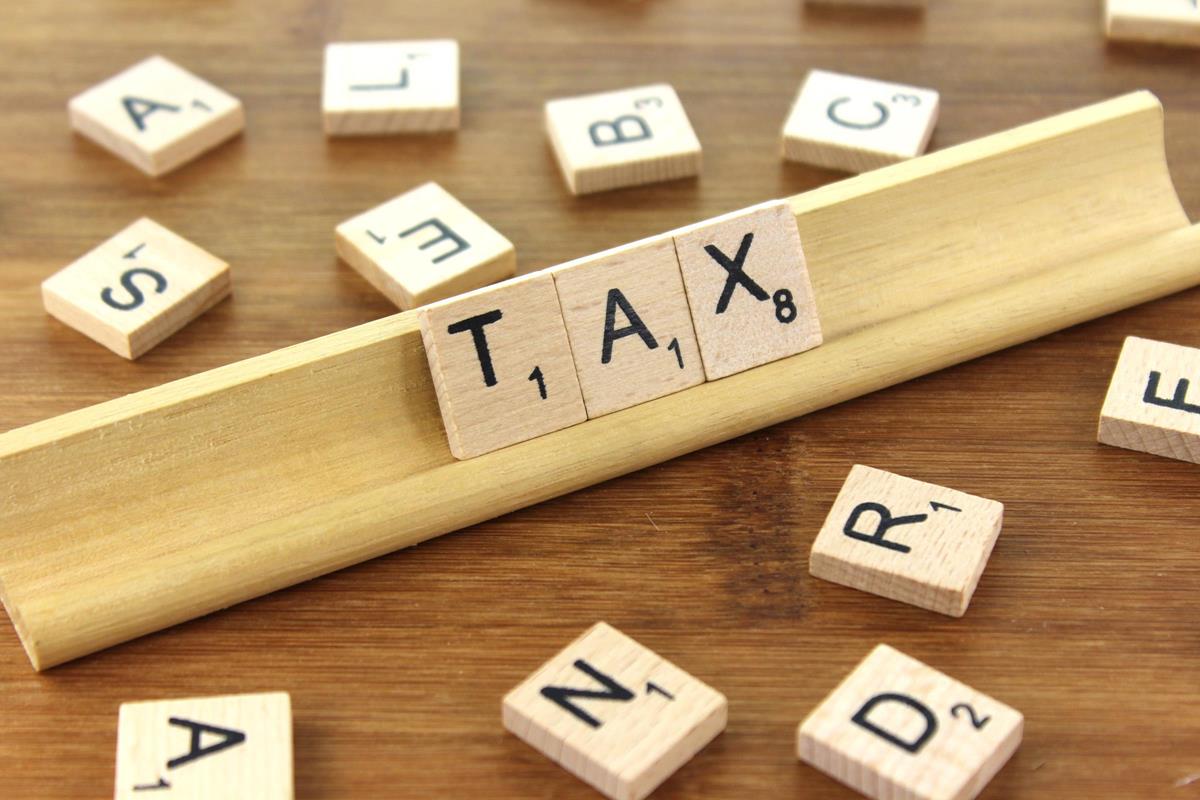Jasmine Birtles
Your money-making expert. Financial journalist, TV and radio personality.

“Everyone loves an early inflation. The effects at the beginning of inflation are all good. There is steepened money expansion, rising government spending, increased government budget deficits, booming stock markets, and spectacular general prosperity, all in the midst of temporarily stable prices. Everyone benefits, and no one pays. That is the early part of the cycle. In the later inflation, on the other hand, the effects are all bad. The government may steadily increase the money inflation in order to stave off the latter effects, but the latter effects patiently wait. In the terminal inflation, there is faltering prosperity, tightness of money, falling stock markets, rising taxes, still larger government deficits, and still roaring money expansion, now accompanied by soaring prices and ineffectiveness of all traditional remedies. Everyone pays and no one benefits. That is the full cycle of every inflation.” Jens O. Parsson, ‘Dying of Money: lessons of the Great German and American inflations’.
People, including professional economists, tend to define inflation as a rise in the prices of goods and services. The Office for National Statistics (ONS), for example, tracks the prices of hundreds of goods in a hypothetical basket of goods known as the Consumer Price Index (CPI). As at February 2024, UK CPI was running at 3.4% – which is higher than the long-term average of 2.83%. In such a high inflationary environment, people on fixed incomes, such as pensioners, are getting poorer in real terms, because their fixed incomes buy them fewer goods as prices trend higher. This is why so many public sector workers are now striking – the so-called ‘cost of living’ crisis is very real.
The reality, however, is that there is a hidden force behind headline inflation. Inflation, first and foremost, is caused by money printing – that is to say, by central banks increasing the money supply. What we experience as inflation (higher goods and services prices) is actually a second order effect. An increase in the money supply preceded it.
Over the last few years, the UK government has made efforts to cut inflation. In December 2022, the rate stood at 8% which is significantly higher than the current statistic. Nevertheless, the world’s central banks are still printing more money!
 To get an idea of just how aggressive the world’s central banks have been in increasing the money supply (in part in response to the economic damage triggered by the Covid lockdowns), consider the US central bank, known as the US Federal Reserve. The US Federal Reserve was established back in 1913, so it has been operating for a little over a century. Now consider that of all the US dollars that have ever been printed, almost 80% of these have been printed since 2020 and the number of dollars in circulation has risen by 375% in the last 4 years!
To get an idea of just how aggressive the world’s central banks have been in increasing the money supply (in part in response to the economic damage triggered by the Covid lockdowns), consider the US central bank, known as the US Federal Reserve. The US Federal Reserve was established back in 1913, so it has been operating for a little over a century. Now consider that of all the US dollars that have ever been printed, almost 80% of these have been printed since 2020 and the number of dollars in circulation has risen by 375% in the last 4 years!
And there is a very good reason why all the world’s central banks have been busily printing money like it has been going out of fashion over recent years: the governments for whom they act have now issued so much debt that inflating away the value of that debt in the form of printing money is the only way they can realistically keep the show on the road. In the words of one US fund manager, the US Federal Reserve (much like our own Bank of England) only has two choices now: inflate, or die.
Think of inflation as a stealth tax, levied by governments who don’t have the fiscal discipline to balance their budgets. (Whenever governments have insufficient tax revenue to pay for their outgoings, they have to borrow the shortfall in the bond markets. Clearly, governments cannot borrow without consequence indefinitely: buyers for those bonds must be found.) As the economist John Maynard Keynes pointed out, “There is no subtler, no surer means of overturning the existing basis of Society than to debauch the currency. The process engages all the hidden forces of economic law on the side of destruction, and does it in a manner which not one man in a million is able to diagnose.”
(Keynes refers to ‘debauching’ the currency because uncontrolled money printing – monetary inflation, if you will – tends to destroy the purchasing power of currencies issued by central banks who are pursuing this disastrous policy. This is one reason why Sterling has recently lost so much ground against the US dollar – because traders instinctively recognise when the UK government is losing control of its borrowings.)
 In periods of high inflation, ‘paper’ assets like cash and bonds tend to do very poorly, the 1970s being a case in point. They cannot keep pace with the printing press. Claims on the real economy, including the shares of sensibly priced listed businesses, and commodities, including gold and silver, tend to perform better – and again, they did very well during the high inflationary 1970s. Gold as an alternative form of money has a long pedigree – sadly, President Nixon severed any link between gold and international currencies back in 1971. When Robert Mundell was made a Nobel Laureate in Economics in 1999, he pointed out that the “absence of gold as an intrinsic part of our monetary system today makes our century, the one that has just passed, unique in several thousand years.” Robert Mundell could see the way the world was going. In March 1997, two years before receiving his Laureate, Mundell would remark, ominously, “Gold will be part of the international monetary system in the twenty-first century.” The author Nathan Lewis agrees. The title of his 2007 book on the subject? ‘Gold: The Once and Future Money’.
In periods of high inflation, ‘paper’ assets like cash and bonds tend to do very poorly, the 1970s being a case in point. They cannot keep pace with the printing press. Claims on the real economy, including the shares of sensibly priced listed businesses, and commodities, including gold and silver, tend to perform better – and again, they did very well during the high inflationary 1970s. Gold as an alternative form of money has a long pedigree – sadly, President Nixon severed any link between gold and international currencies back in 1971. When Robert Mundell was made a Nobel Laureate in Economics in 1999, he pointed out that the “absence of gold as an intrinsic part of our monetary system today makes our century, the one that has just passed, unique in several thousand years.” Robert Mundell could see the way the world was going. In March 1997, two years before receiving his Laureate, Mundell would remark, ominously, “Gold will be part of the international monetary system in the twenty-first century.” The author Nathan Lewis agrees. The title of his 2007 book on the subject? ‘Gold: The Once and Future Money’.
The great classical economist Ludwig von Mises, who had first-hand experience of the infamous 1923 Weimar era hyperinflation, warned as follows: “The most important thing to remember is that inflation is not an act of God, that inflation is not a catastrophe of the elements or a disease that comes like a plague. Inflation is a policy.”
Tim Price is co-manager of the VT Price Value Portfolio and author of ‘Investing through the Looking Glass: a rational guide to irrational financial markets’.
This is not financial or investment advice. Remember to do your own research and speak to a professional advisor before parting with any money.
Disclaimer: MoneyMagpie is not a licensed financial advisor and therefore information found here including opinions, commentary, suggestions or strategies are for informational, entertainment or educational purposes only. This should not be considered as financial advice. Anyone thinking of investing should conduct their own due diligence.
